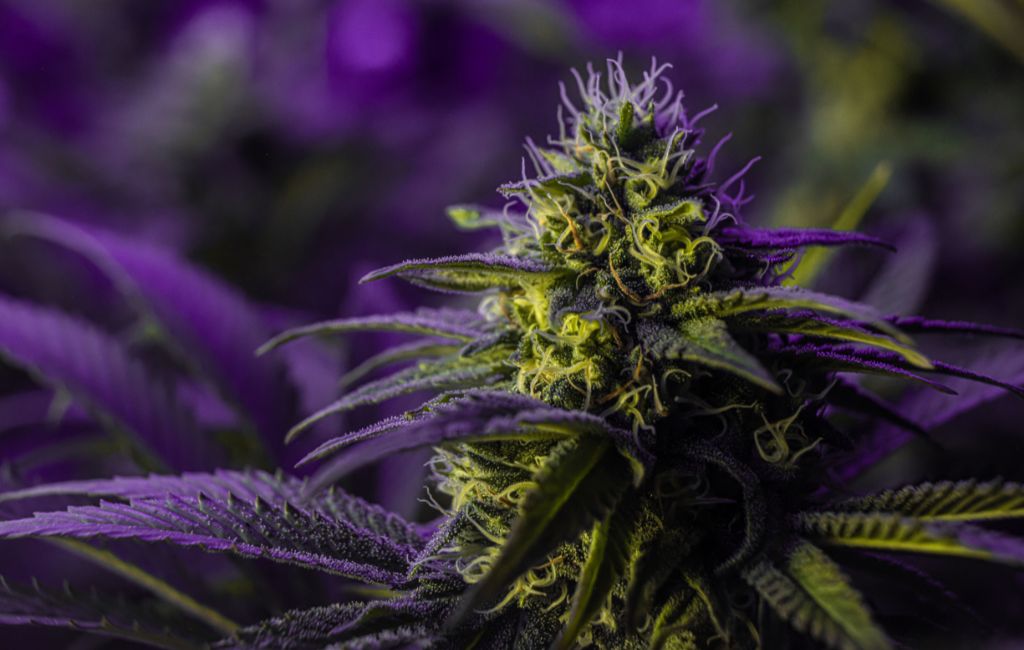In recent years, cannabis edibles have gained significant popularity as a preferred method of consumption. These tasty treats offer a discreet and enjoyable way to experience the effects of cannabis without the need for smoking or vaping. This article explores the world of cannabis edibles, providing insights into their types, benefits, and considerations for safe consumption.
Understanding Cannabis Edibles
Cannabis edibles are food products infused with cannabinoids, the active compounds found in the cannabis plant. These edibles come in various forms, including baked goods, candies, beverages, and more. The primary cannabinoids in these products are THC (tetrahydrocannabinol) and CBD (cannabidiol), each offering different effects and benefits.
Types of Cannabis Edibles
- Baked Goods: Brownies, cookies, and cakes are classic examples of cannabis-infused baked goods. These treats are popular for their familiar taste and texture.
- Candies: Gummies, lollipops, and chocolates are common forms of cannabis candies. They offer a sweet and convenient way to consume cannabis.
- Beverages: Cannabis-infused drinks, such as teas, coffees, and sodas, provide a refreshing alternative to solid edibles.
- Savory Snacks: Chips, popcorn, and crackers infused with cannabis cater to those who prefer savory flavors.
Benefits of Cannabis Edibles
Edibles offer several advantages over other methods of cannabis consumption. They provide a smoke-free experience, making them a healthier option for those concerned about the effects of smoking. Additionally, edibles offer a longer-lasting effect compared to inhalation methods, as they are metabolized through the digestive system.
Another benefit is the precise dosing that edibles allow. Many products come with clear labeling of THC and CBD content, enabling consumers to control their intake more effectively. This precision is particularly beneficial for medical users who require specific dosages for symptom management.
How Cannabis Edibles Work
When consumed, cannabis edibles are processed by the digestive system. The cannabinoids are absorbed through the stomach and intestines, eventually reaching the liver. Here, THC is converted into 11-hydroxy-THC, a compound known for its potent psychoactive effects. This process results in a delayed onset of effects, typically ranging from 30 minutes to 2 hours after consumption.
The duration of effects from edibles can last anywhere from 4 to 12 hours, depending on factors such as dosage, individual metabolism, and tolerance levels. This extended duration makes edibles a suitable choice for those seeking prolonged relief from symptoms or a sustained recreational experience.
Safe Consumption Practices
To enjoy cannabis edibles safely, it is important to start with a low dose, especially for beginners. A common recommendation is to begin with 5-10 mg of THC and wait at least two hours before considering additional consumption. This approach helps prevent overconsumption and the potential for uncomfortable side effects.
It is also advisable to consume edibles in a comfortable and familiar environment, particularly for those new to cannabis. Having a trusted friend or companion present can provide reassurance and support if needed.
Legal Considerations and Market Trends
The legal status of cannabis edibles varies by region, with some areas allowing recreational use and others permitting only medical use. It is crucial for consumers to be aware of local laws and regulations regarding the purchase and consumption of edibles.
The market for cannabis edibles has seen significant growth, driven by increasing legalization and consumer demand. According to a report by Grand View Research, the global cannabis edibles market size was valued at USD 2.9 billion in 2020 and is expected to expand at a compound annual growth rate (CAGR) of 17.8% from 2021 to 2028.
Innovative Edible Products
As the market expands, manufacturers are developing innovative products to cater to diverse consumer preferences. Some emerging trends include:
- Microdosing Edibles: Products designed for microdosing offer low THC content, allowing users to experience subtle effects without significant intoxication.
- Functional Ingredients: Edibles infused with additional functional ingredients, such as vitamins or adaptogens, aim to enhance wellness benefits.
- Gourmet Edibles: High-end, artisanal edibles crafted with premium ingredients appeal to consumers seeking a luxury experience.
Conclusion
Cannabis edibles present a flavorful and versatile option for both recreational and medical cannabis users. With a wide range of products available, consumers can find edibles that suit their taste preferences and desired effects. By understanding the types, benefits, and safe consumption practices, individuals can make informed choices and enjoy the unique experience that cannabis edibles offer.
